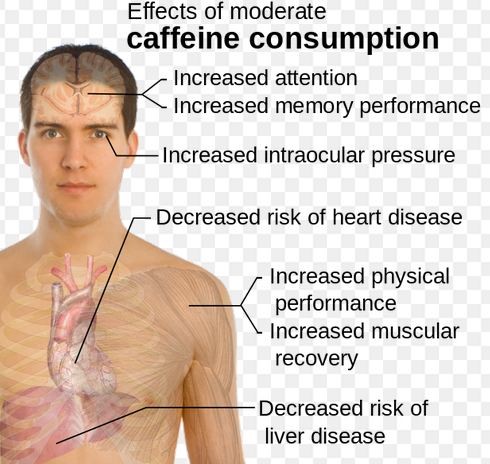A new study reveals a new benefit for lovers of the brew: java keeps your arteries healthy and helps ward off heart attacks.
A study of healthy young adults in South Korea found those that drank three to five cups of coffee everyday had a lower risk of having calcium deposits in their coronary arteries compared to those that didn't drink coffee.
Calcium deposits are an indicator of heart disease. Coronary arteries are the vessels that bring oxygen-rich blood to the myocardium or the muscle tissue of the heart.
In this new study, researchers at the Kangbuk Samsung Hospital in Seoul, South Korea, studied over 25,000 men and women that had no signs of heart disease. The average age of the participants was 41 at the start of the study.
The participants completed questionnaires about their coffee consumption, eating, drinking habits and underwent a computed tomography (CT) scan to determine their levels of coronary artery calcium (CAC).
CAC is a sign of coronary artery disease, or atherosclerosis that increases the risk of heart attacks.
Researchers compared the participant's CAC levels with their amount of coffee consumption. They classified consumption as one cup a day; one to three cups a day; three to five cups a day and at least five cups a day. They also took into account factors such as physical activity and smoking.
Researchers found the average coffee consumption of those in the study was 1.8 cups per day. The results showed 13.4 percent of all participants had detectable levels of CAC.
People that drank three to five cups of coffee daily had about 40 percent less calcium in their arteries than those who drank no coffee.
Those that drank one to three cups daily had 35 percent less calcium than those who didn't drink coffee.
Those who drank one cup a day had 23 percent less calcium.
On the other hand, people that drank five or more cups a day had 19 percent less calcium, compared with those who drank no coffee, according to a story in The Huffington Post.
Dr. Eliseo Guallar, an epidemiologist at Johns Hopkins University Bloomberg School of Public Health in Baltimore, Maryland and co-author of the study, said the results show a correlation between coffee consumption and heart disease risk, but do not prove that a cause-and-effect relationship exists between drinking coffee and having less calcium in the arteries.
Coffee's many antioxidants might be the reason why it might lower the risk of arterial disease, researchers said. Despite the findings, researchers hesitated recommending that people drink coffee to prevent heart disease.
A previous analysis of 36 studies found that moderate coffee consumption was associated with a lower risk of heart disease. Other studies have found a link between drinking coffee and a reduced risk of type 2 diabetes.



























